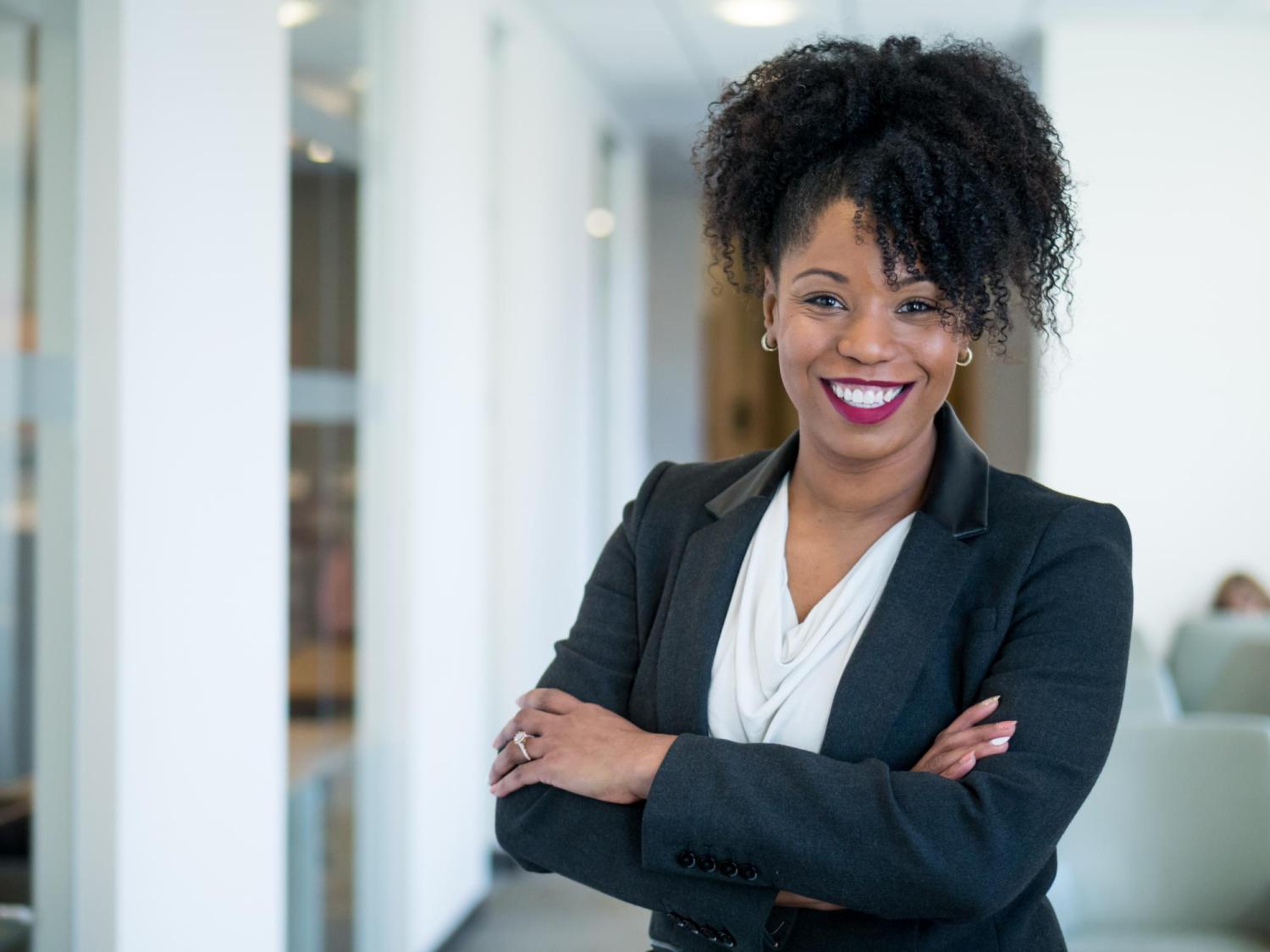In Solidarity for Action and Peace
The racist events and violence toward the Black community in recent weeks, months and years is beyond devastating. It is painful, sad, frustrating and a blatant disregard for the value of human life. Racism degrades each of us. I will not be silent and as a division we should not be silent. Black Lives Matter.
There is collective trauma compiling given the recent murders; our community is hurting. To our Black students, faculty and staff – I see you. I see your worth and value you for who you are in all your intersecting identities. Know that I am here for you and our community. For the non-Black staff in the division please check in on your colleagues and acknowledge that they may not be okay.
During any time of injustice, it is our duty to speak out. It’s crucial that we work together and take steps to influence the change so desperately needed. Student Affairs professionals are educators at the core. Racist behaviors have been learned and can be unlearned; therefore, it is part of our responsibility as student affairs practitioners to educate our students, and in order to do that we must first educate ourselves.
Our library has started to compile a list of resources for those interesting in learning more. I encourage you to check out these resources and use them as part of your development throughout this year.
In the Division of Student Affairs, we are committed to equity, inclusion and social justice. We strive to create and maintain a welcoming and inclusive campus environment for everyone. We are dedicated to being anti-racist and dismantling systemic and structural racism and oppression. We do this by making our policies, processes and actions socially just and equitable. We celebrate and embrace differences. We are committed to amplifying voices that historically have been silenced.
We will continue to build a climate in which everyone can thrive and feel they truly belong. We are committed to creating a climate that does not condone racism and bias. As we move forward, it is essential that we challenge and support one another and continue to take action. In order for things to change, we need to recognize our biases, actively be anti-racist every day in everything that we do, learn within the instances in which we fail, make a genuine effort to be inclusive and mindful in our daily lives, and continue to learn about the systemic oppression and social capital in our country and reflect on privilege and bias.
In 2007, I wrote an article titled: A Time to Intervene: A Historical Overview of Pedagogical Responses to an Unjust Society. Unfortunately, even 13 years later, it is still relevant. I want to share an excerpt.
“The United States has a perennial history of race-based exclusion, which permeates the nation and perpetuates the distortion of people’s understandings of all cultures and races… People have unintentionally internalized biases and prejudices about others who are racially and culturally different from them. The lack of multicultural education in society contributes to the perpetuation of these biases...It is extremely important for higher education professionals to have an understanding of a history that displays where U.S. society fell short in its support of all students.”
Whether you have been doing social justice work for years or if today is day one for you, our students need us to continue to educate ourselves on anti-racism and multiculturalism. We must engage in uncomfortable conversations to get to where we need to be, and in doing so we will grow together. We must continue to take action long after this summer is over, we cannot get distracted and lose sight of the change that is overdue.
In Solidarity for Action and Peace,
Akirah J. Bradley EdD
Vice Chancellor for Student Affairs


